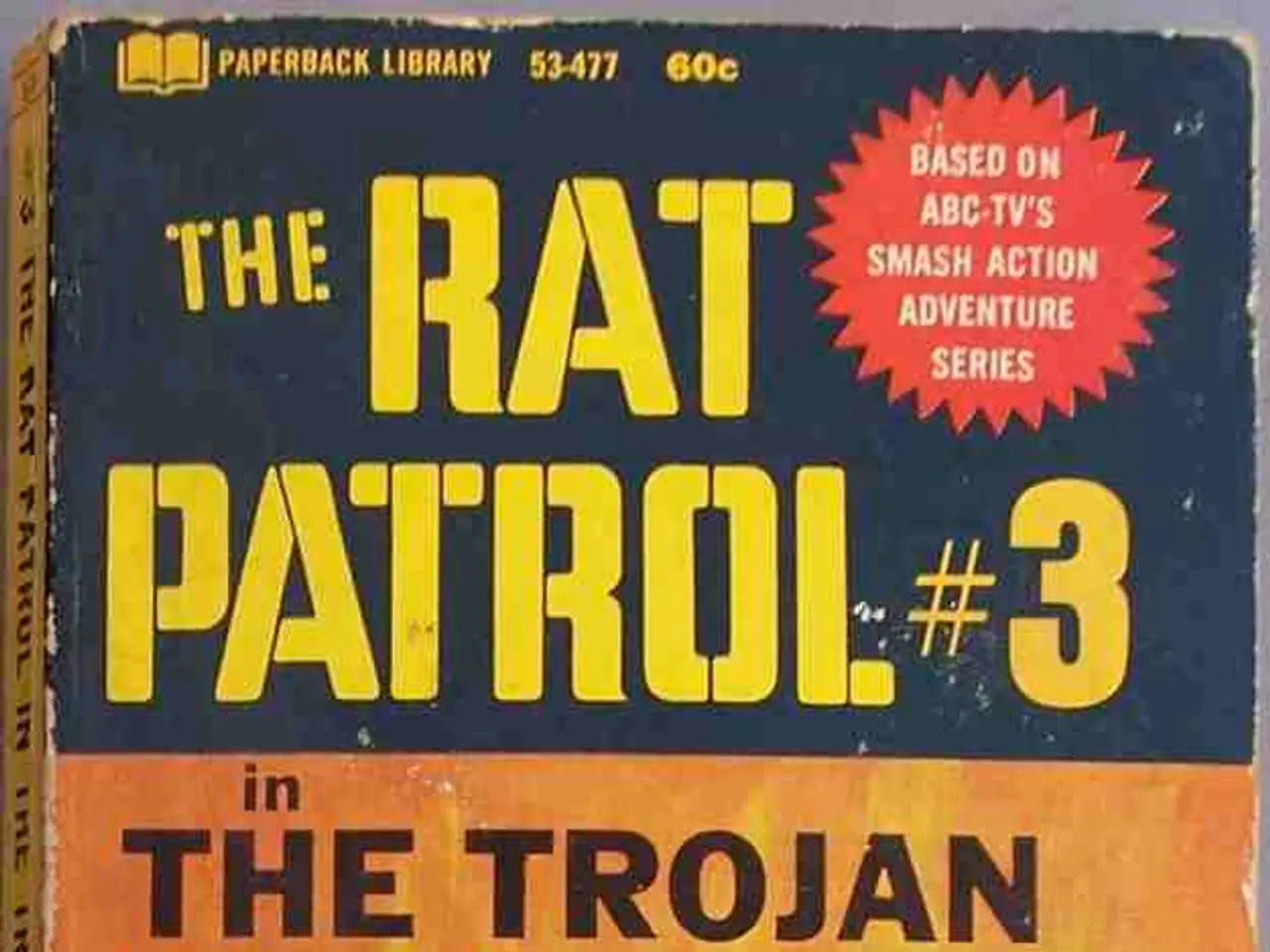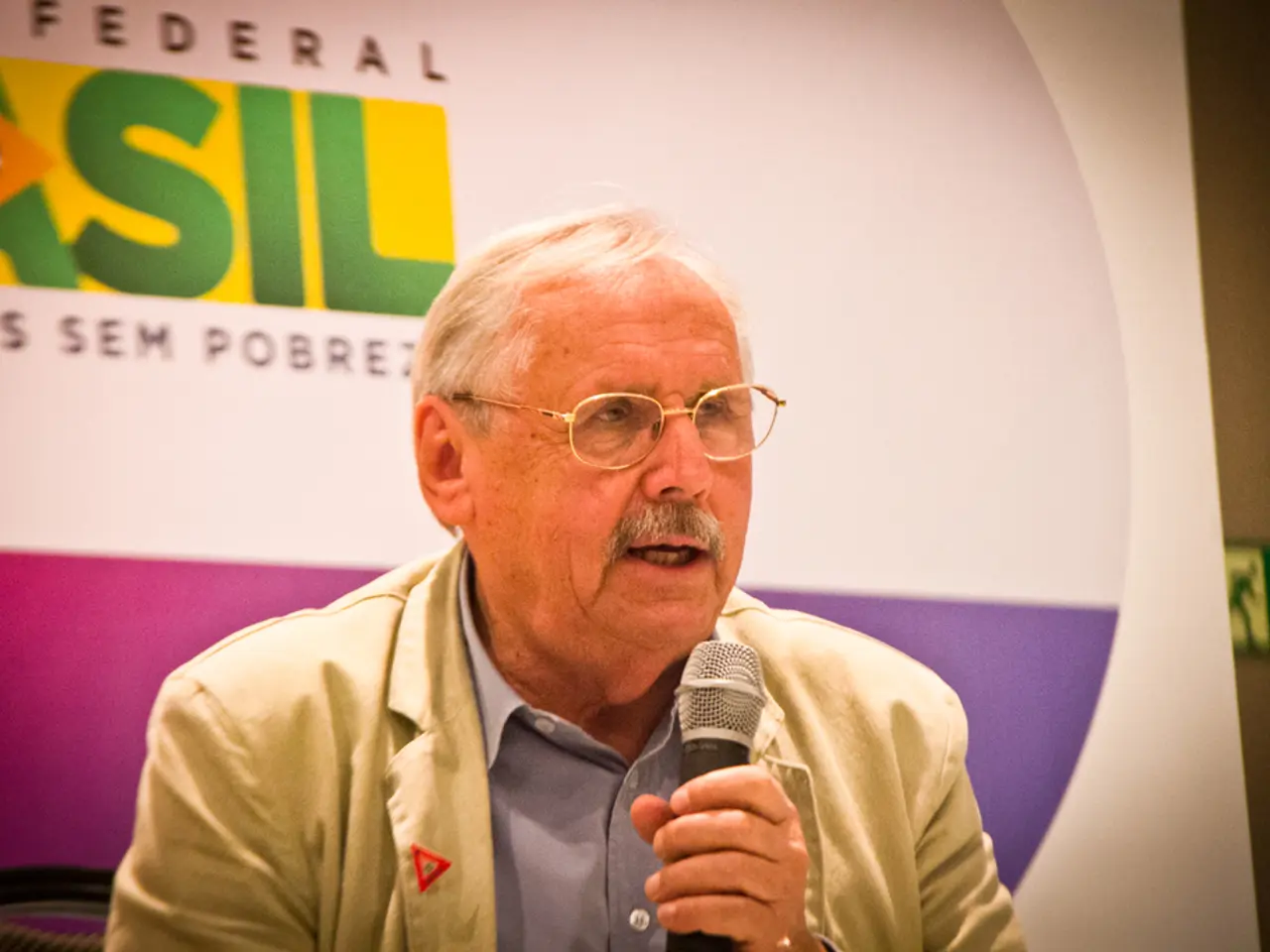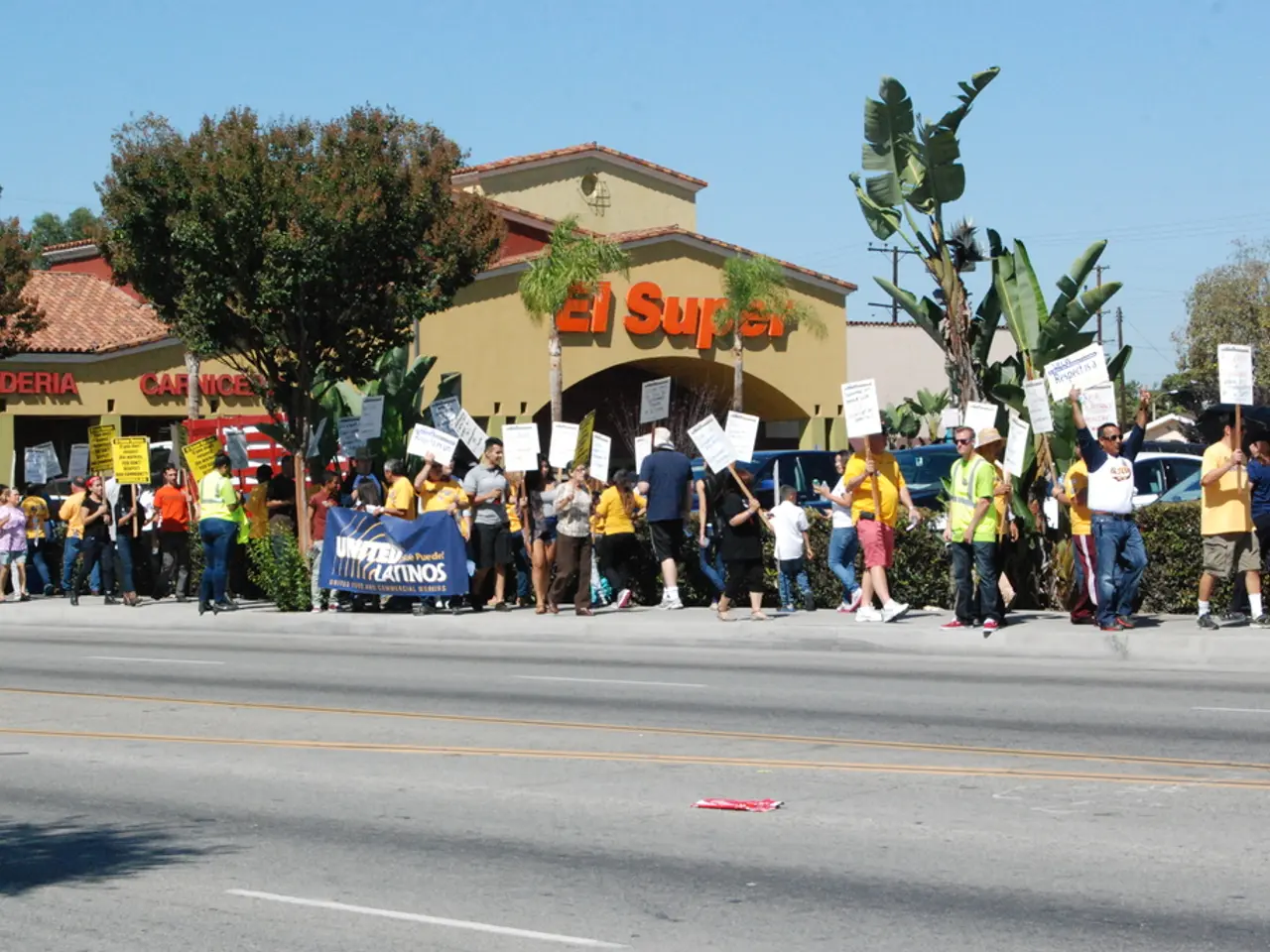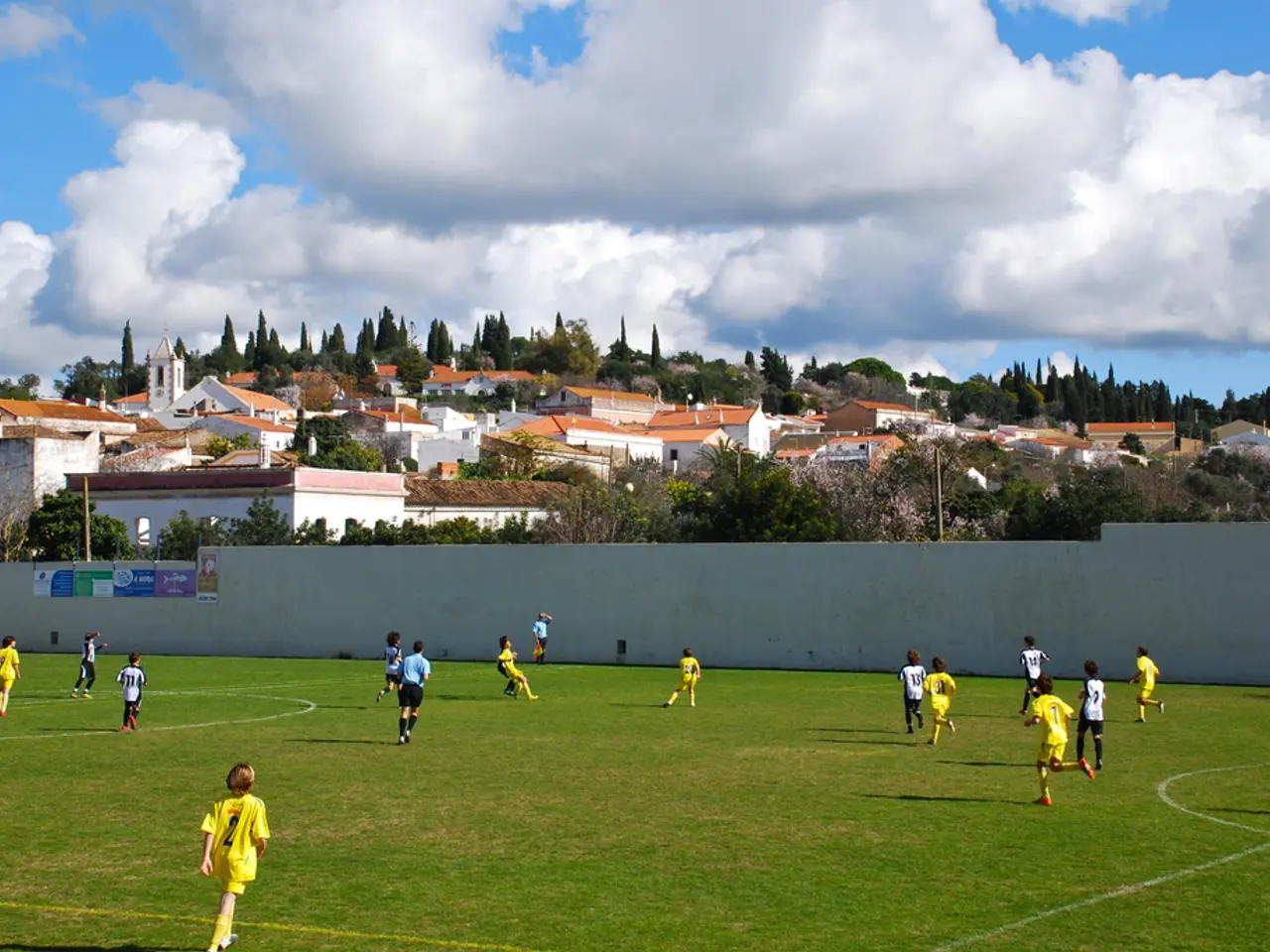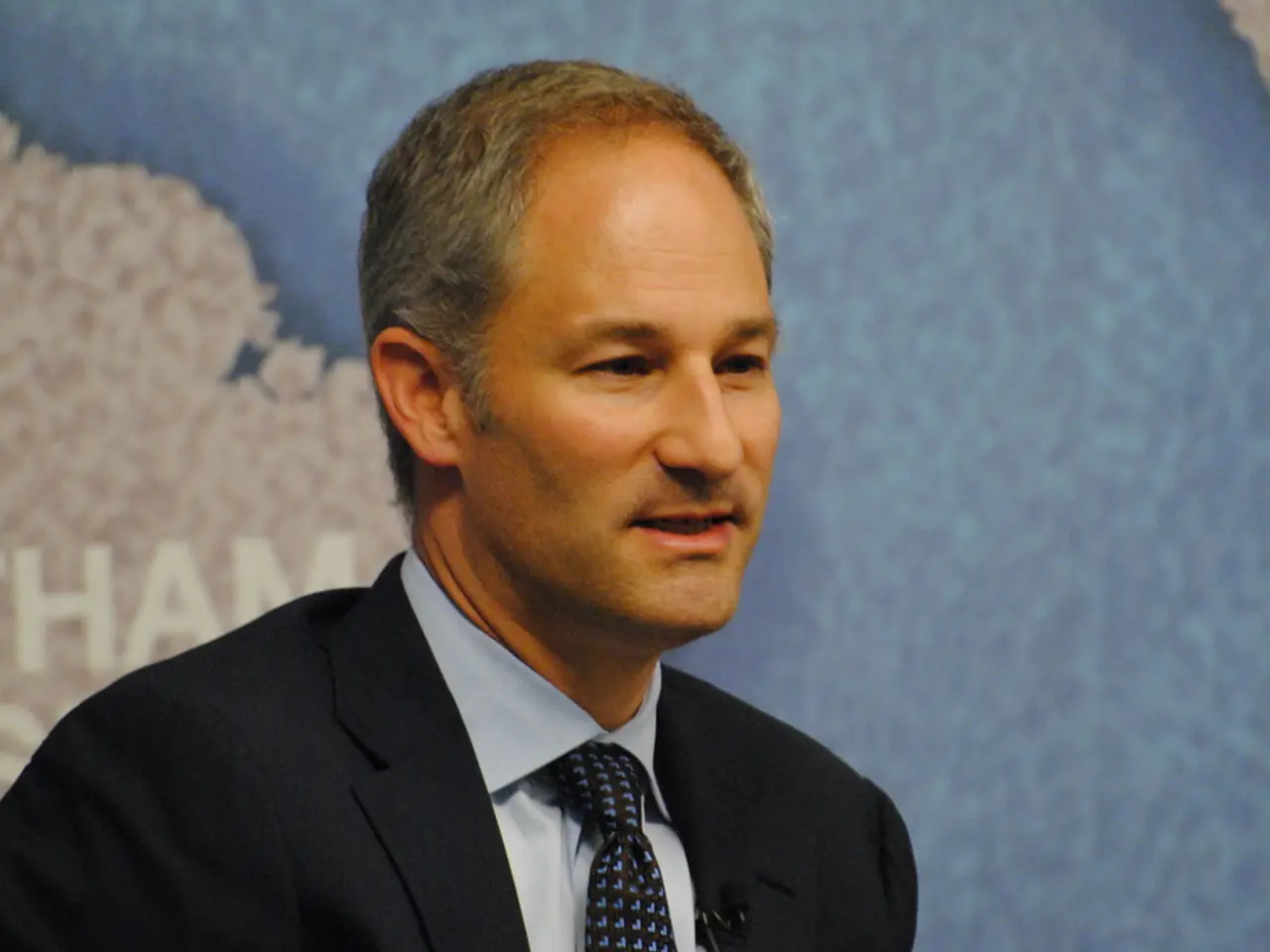Conflict in Europe, Continuation: Intense Fighting in Ukraine Involving Extensive Military Operations
In the latest episode of the Social Science of War podcast, produced by the Department of Social Sciences at West Point, the focus is on the lessons learned from Russia's war in Ukraine, particularly in the context of large-scale combat operations.
Dr. Jack Watling, a senior research fellow for land warfare at the Royal United Services Institute, shares his insights on the critical tactical and operational lessons that have emerged from the conflict. He has published and spoken extensively on the lessons learned from the Russian war in Ukraine, and has worked closely with the British military on preparing for the future of land warfare.
The episode begins by highlighting Russia’s initial poor battlefield performance, revealing deficiencies in training, coordination, and command and control structures. The war exposed how traditional Russian tactics and command methods struggled against a well-prepared and adaptive Ukrainian defense.
The conflict demonstrated the importance of flexible command and control that enables decentralized decision-making under time pressure. Commanders must operate effectively with imperfect and incomplete information, balancing control with the need for initiative on the ground.
The Ukraine war also underscores the need for rapid exploitation of control tools and improved information sharing to seize fleeting opportunities in modern peer and near-peer warfare. The use of Western-supplied weapons systems and integration of intelligence significantly enhanced operational effectiveness in Ukraine, while Russia's reliance on legacy technologies limited its capacity in high-intensity conventional battles.
The war has also had a profound impact on Russian military doctrine, accelerating shifts in Russian military thinking with implications for its cooperation with China and the evolution of joint exercises.
The episode features a debate on whether the United States should post permanent or rotational US forces in Europe. Lieutenant General Ben Hodges, a retired United States Army officer who commanded NATO's Allied Land Command and United States Army Europe from 2014 to 2017, is one of the guests. Major Ryan Van Wie, a US Army infantry officer and former assistant professor in the Department of Social Sciences at West Point, also contributes to the discussion, having published multiple articles on the war in Ukraine.
The Social Science of War podcast is available on various social media platforms and can be emailed or printed. For questions about the episode or the podcast in general, please contact the Department of Social Sciences at West Point.
Image credit: Mil.gov.ua, via Wikimedia Commons
[1] The Department of Social Sciences at West Point offers opportunities for students, teaching, and connecting with instructors based on their expertise. [2] Dr. Jack Watling has published and spoken extensively on lessons learned from the Russian war in Ukraine. [3] Dr. Jack Watling works closely with the British military on preparing for the future of land warfare. [4] Dr. Jack Watling is a senior research fellow for land warfare at the Royal United Services Institute. [5] Major Ryan Van Wie, a US Army infantry officer, is another guest. He is a former assistant professor in the Department of Social Sciences at West Point, where he published multiple articles on the war in Ukraine. He also served as a company commander in Operation Atlantic Resolve in Europe in 2017 and is currently the operations officer of 1st Battalion, 8th Cavalry Regiment, deployed under Operation European Assure, Deter, and Reinforce. [6] The episode also covers theoretical aspects of conventional deterrence and the shaping of US force posture in Europe moving forward. [7] The first part of the series, released two weeks ago, explored the strategic and political dynamics of the NATO alliance. [8] The Social Science of War podcast can be contacted for questions about the episode or the podcast in general. [9] The conversation discusses tactical observations on topics like mission command, logistics, air defense, and synchronizing combined arms across dispersed tactical units. [10] The discussion includes a debate on whether the United States should post permanent or rotational US forces in Europe. [11] The Social Science of War podcast is available on various social media platforms and can be emailed or printed. [12] The image credit for the article is from Mil.gov.ua, via Wikimedia Commons.
- In the Social Science of War podcast, Dr. Jack Watling, a senior research fellow for land warfare at the Royal United Services Institute, discusses his insights on the lessons learned from Russia's war in Ukraine.
- Dr. Jack Watling has worked closely with the British military on preparing for the future of land warfare, and has published and spoken extensively on the lessons learned from the Russian war in Ukraine.
- Major Ryan Van Wie, a US Army infantry officer, is another guest on the Social Science of War podcast. He has published multiple articles on the war in Ukraine and is currently the operations officer of 1st Battalion, 8th Cavalry Regiment, deployed under Operation European Assure, Deter, and Reinforce.
- The Social Science of War podcast covers a wide range of topics related to war and conflicts, including logistics, defense, and military strategy, such as mission command, logistics, air defense, and synchronizing combined arms across dispersed tactical units.
